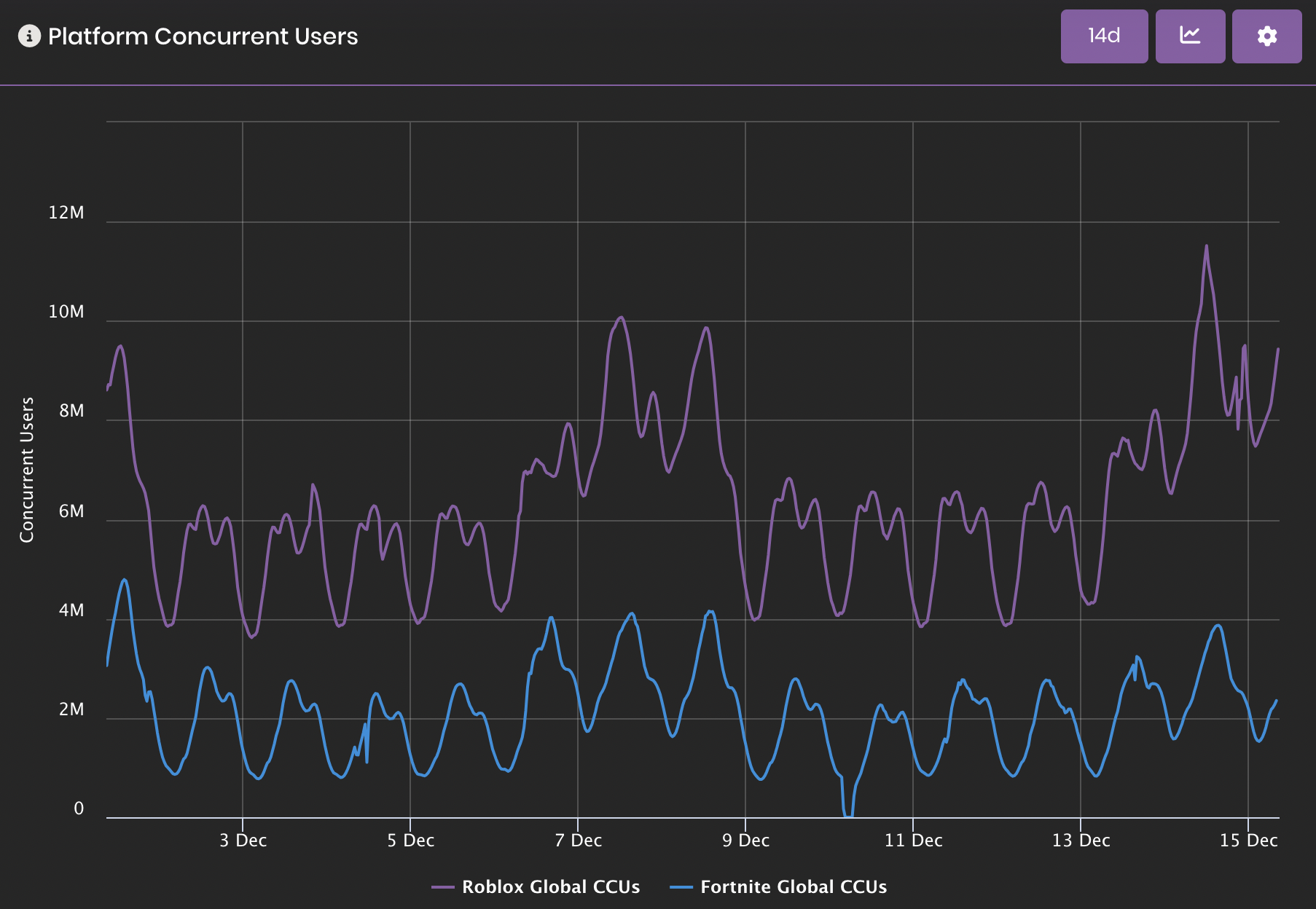By DerAtomik
Editors: Zaqre
return
The word “return” is bold and dark blue, just like “function,” “end,” etc. What it does, essentially, allows you to retrieve anything from a separate function. You call upon the function, and in that function, add “return,” followed by what to send back to what called upon the function; these must be on the same line, spaced once.
Example
function RetrieveAlivePlayers()
local count = 0
for i, plyr in pairs(game.Players:GetPlayers()) do
if plyr.PlayerIsAlive.Value then --Pretend this exists on the Player
count = count + 1
end
end
return count
end
--Loop checks every 10 seconds how many Players are alive
while true do
local AlivePlayers = RetrieveAlivePlayers()
print("There are currently "..AlivePlayers.." alive!")
wait(10)
end
Callbacks
A callback is the same as a function mostly. The only difference is how the two are fired. With a function, you use the connect method like you would an event. As for a callback, you instead use an “=” to make it seem as if you’re setting a value. However, this can essentially be the case. Callbacks are actually very rare. One of the only usages is RemoteFunction.
Example
--[[The following Callback halts the game from
shutting down until the Callback finishes after
the last player has left. return is
surprisingly not used.
]]
game.OnClose = function()
print("Waiting 5 seconds before shutting down...")
wait(5)
print("Done.")
end




